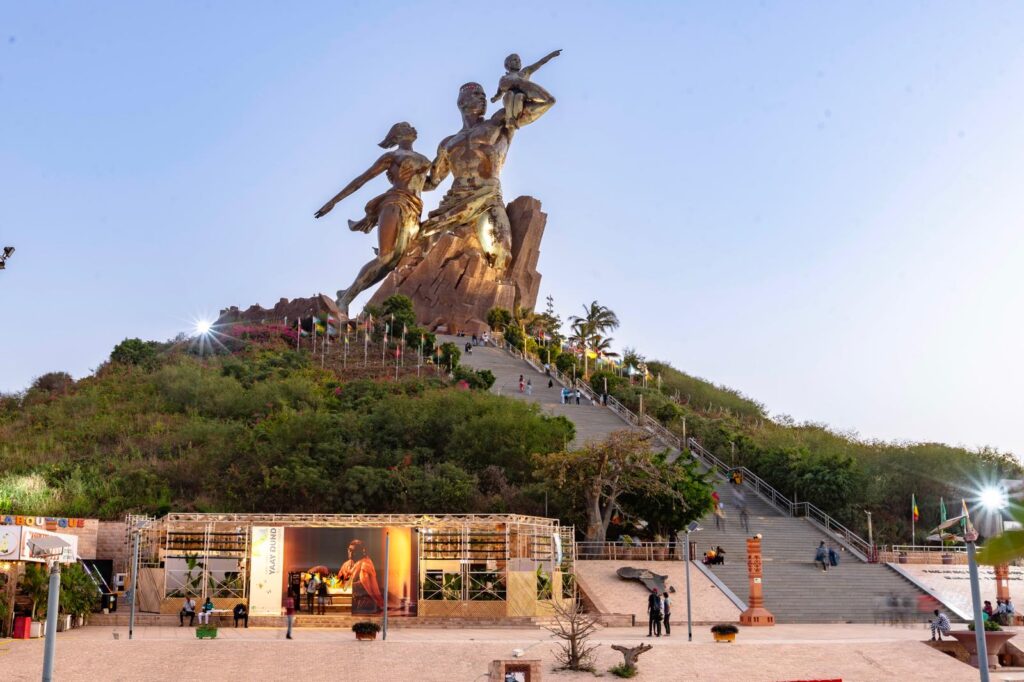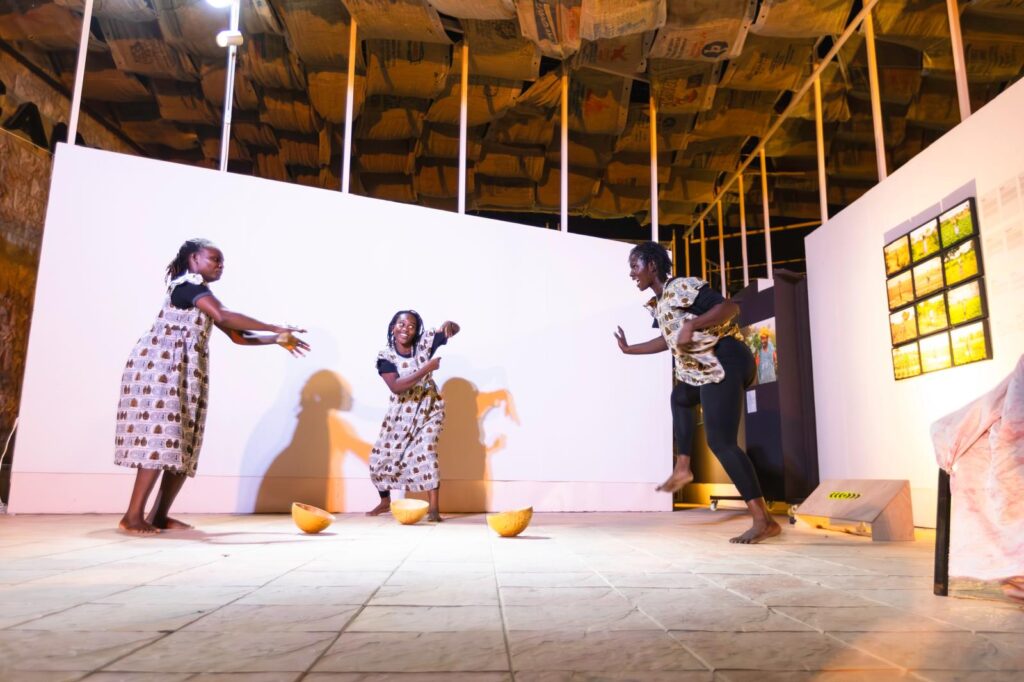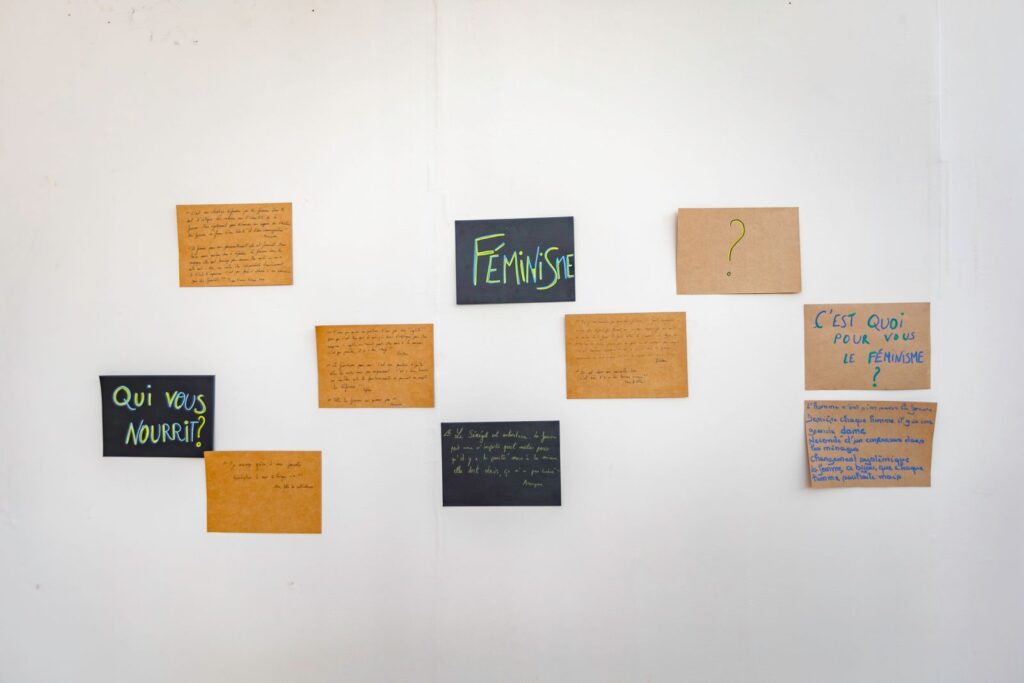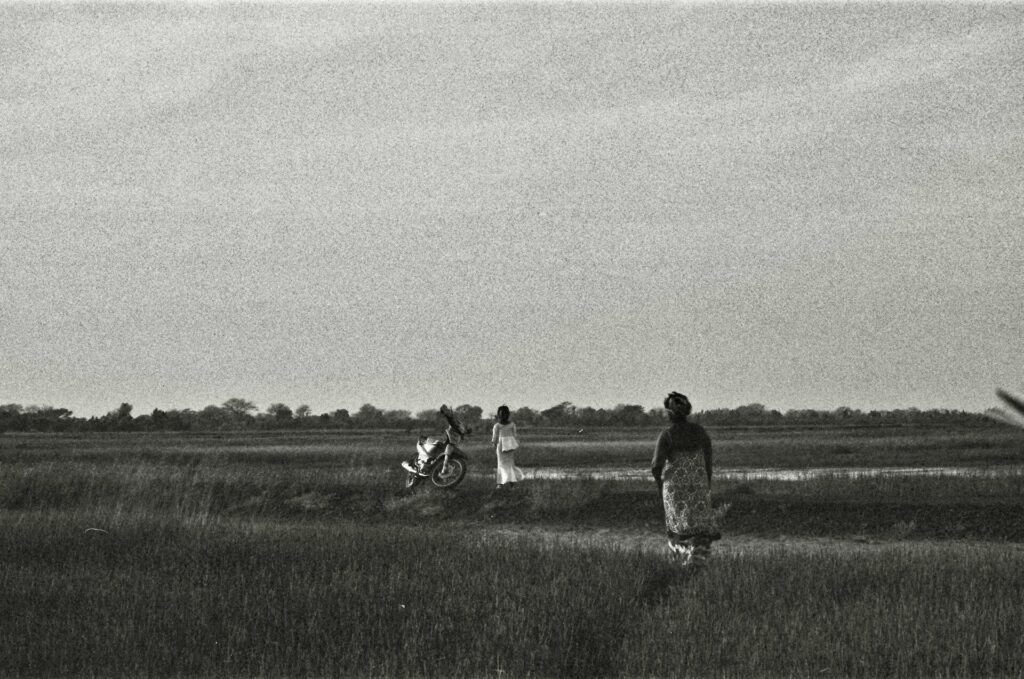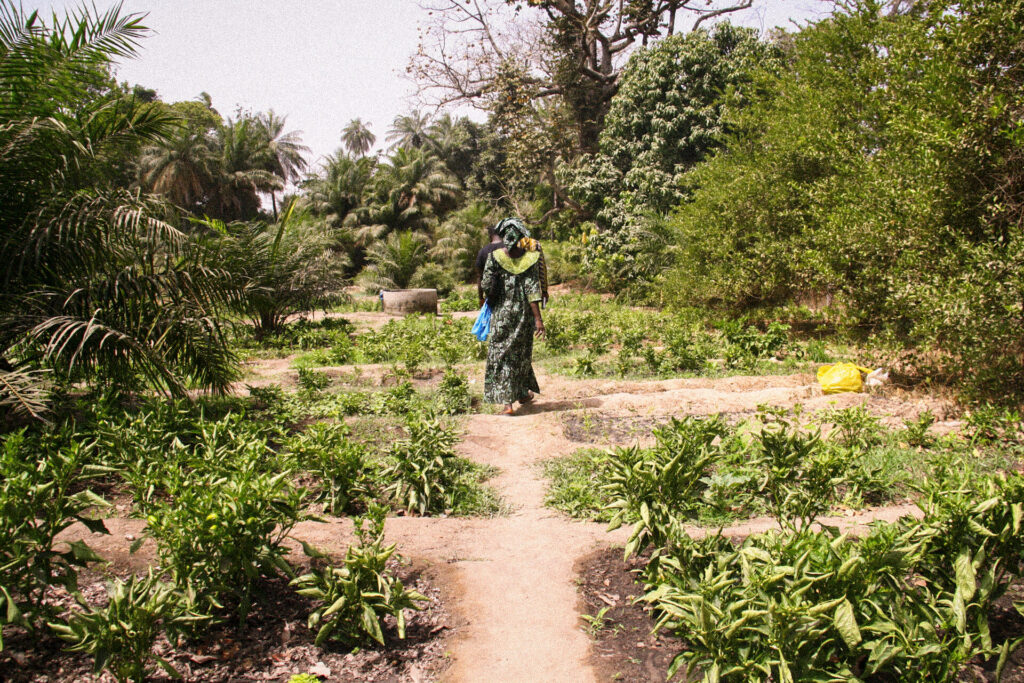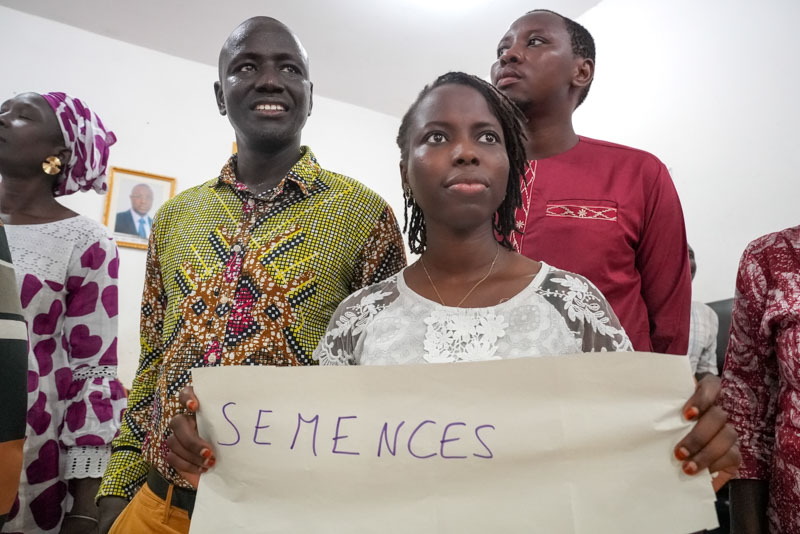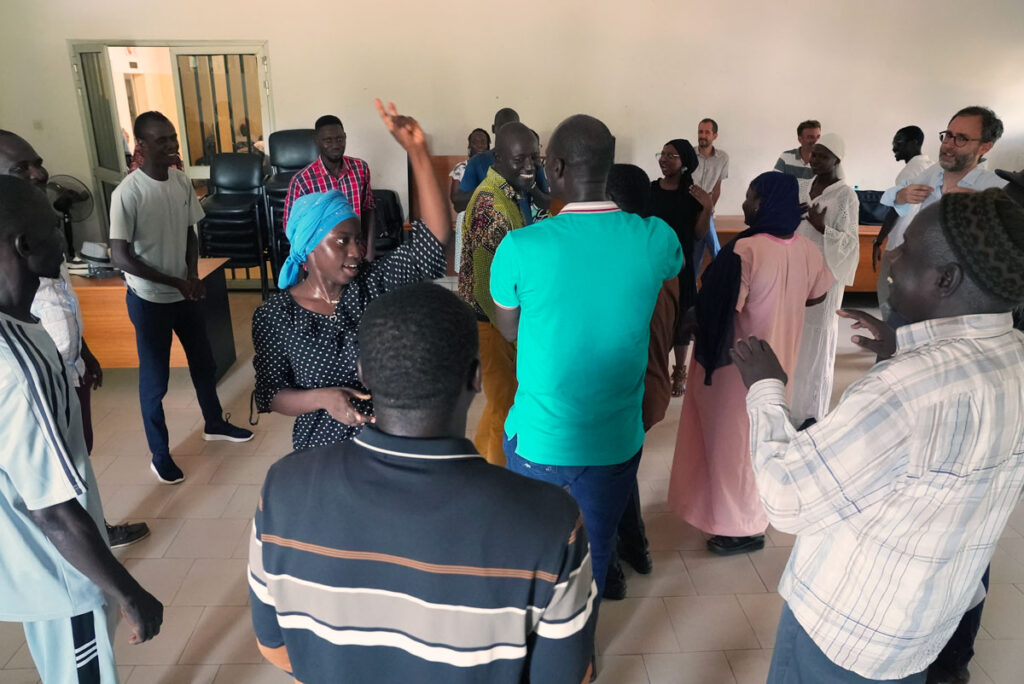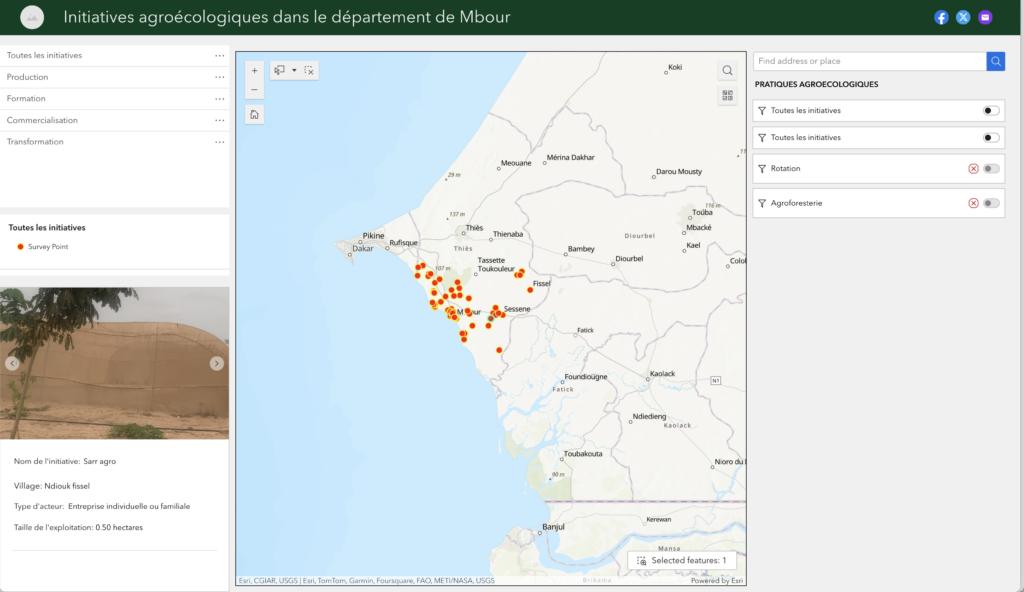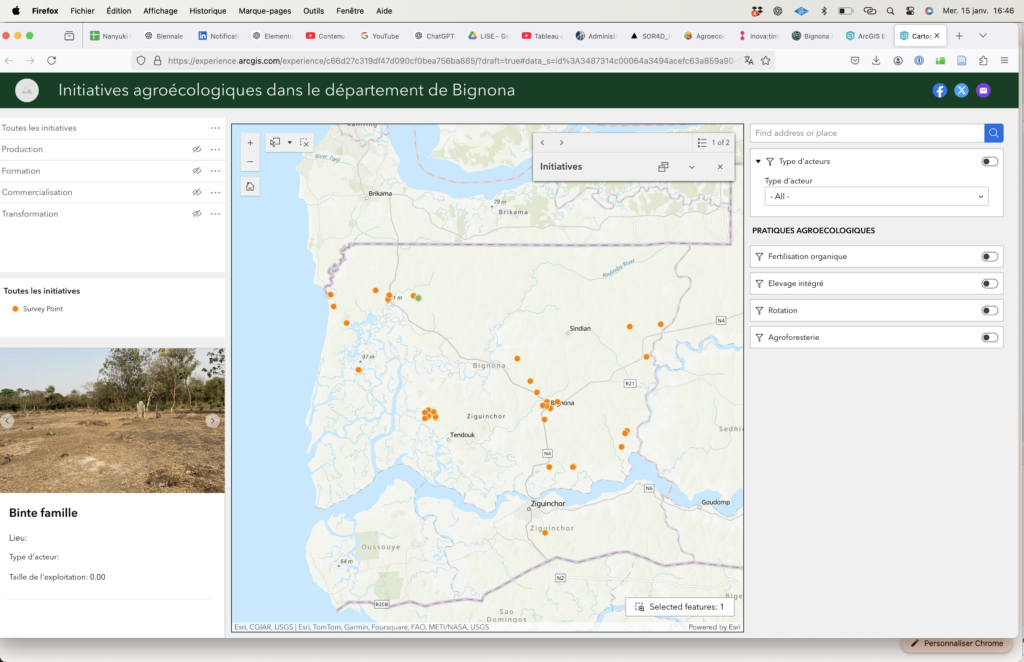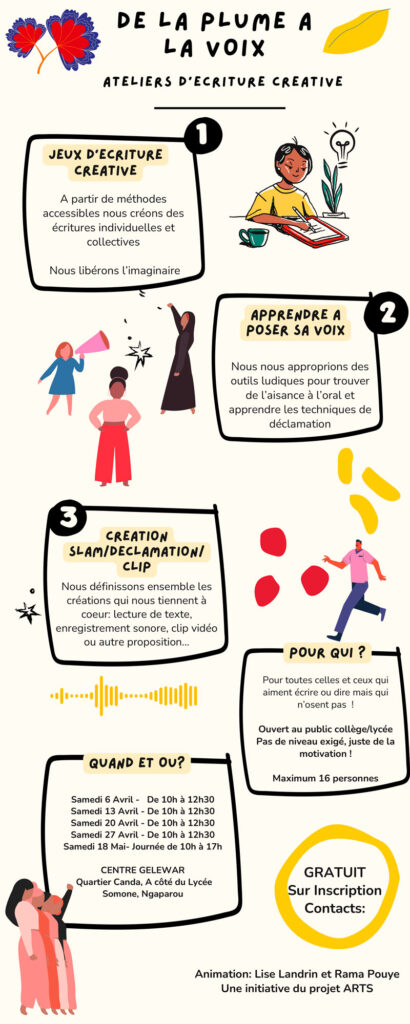Launch of the Agroecology Jambaar Videos
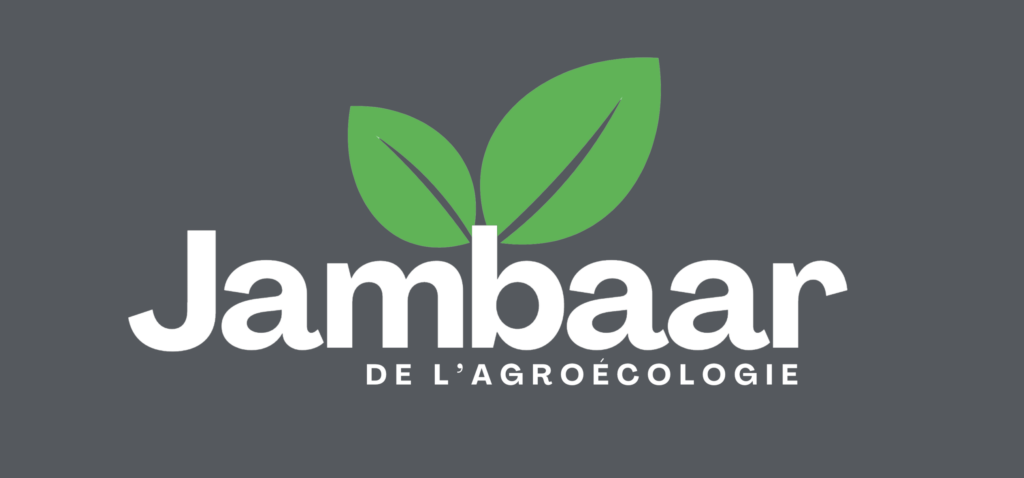
Launch of the Jambaars of Agroecology: First Episode Dedicated to Lucie Ndeki
The ARTS project is proud to announce the launch of the video series The Jambaars of Agroecology, a collection of video portraits that highlights the women and men committed to the agroecological transition. This series provides a platform for often-overlooked actors, sharing their journeys and contributions to ecosystem regeneration.
First Episode: Lucie Ndeki, a Voice of Resilience
The first episode features Lucie Ndeki, a passionate farmer from the Bignona region. In this video, Lucie shares her journey in agroecology, the challenges she has faced, and her vision for a sustainable future. “Agroecology is our chance to reconnect with the land while respecting what it offers us,” she explains.
Lucie discusses the obstacles she has overcome, such as limited access to resources and the biases she faces as a woman in a male-dominated sector. Her dedication demonstrates that the agroecological transition is not just about farming practices; it is also an act of resistance and social transformation.
A Series to Inspire and Unite
The Jambaars of Agroecology aims to highlight local efforts and foster exchanges between communities. By sharing these stories, the series seeks to inspire other actors while strengthening agroecological networks across Senegal.
The first episode, along with future installments, will be available on the ARTS project’s digital platforms. These videos are intended for a broad audience, with the goal of raising awareness, mobilizing communities, and reinforcing connections between agroecological initiatives.


